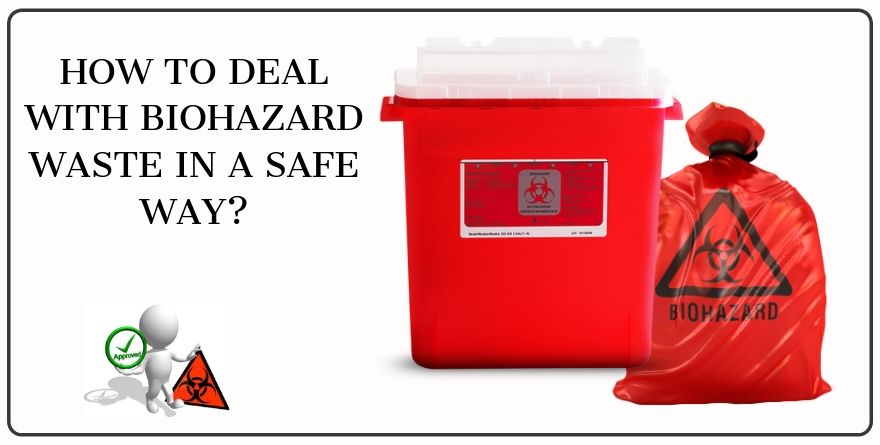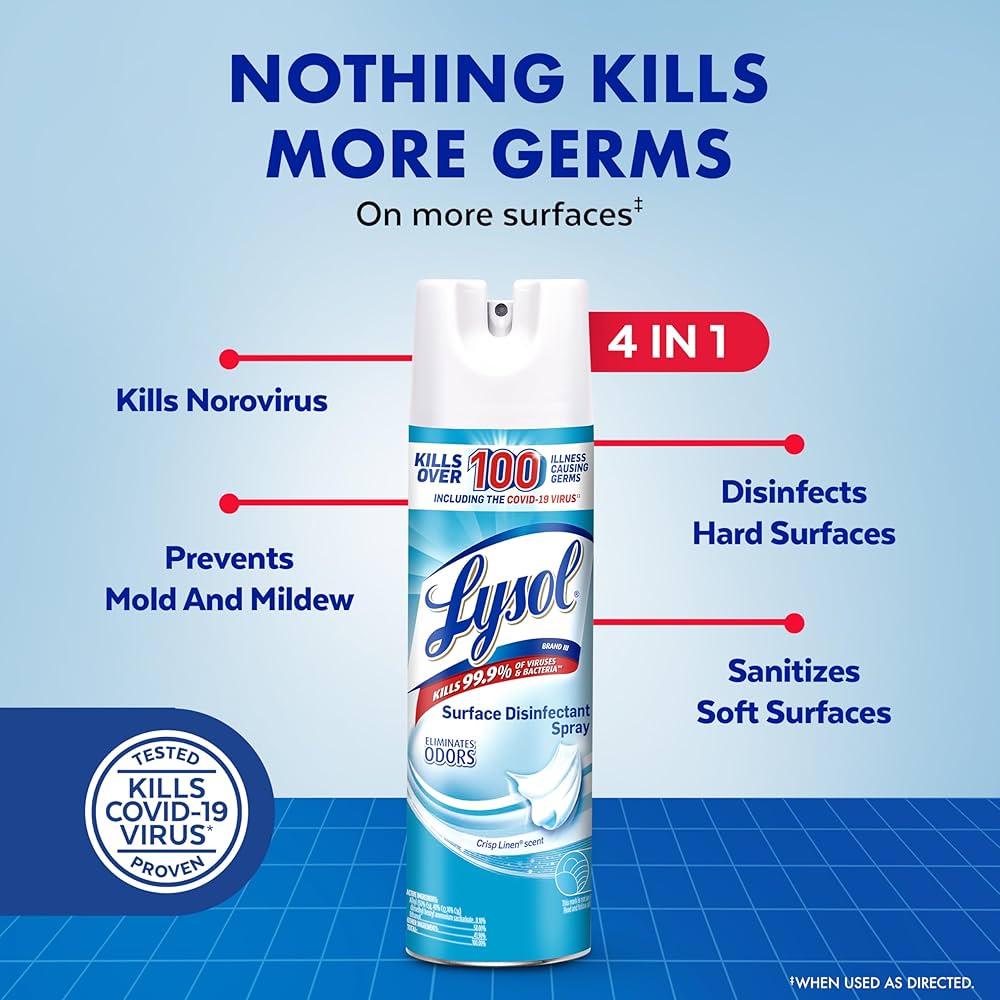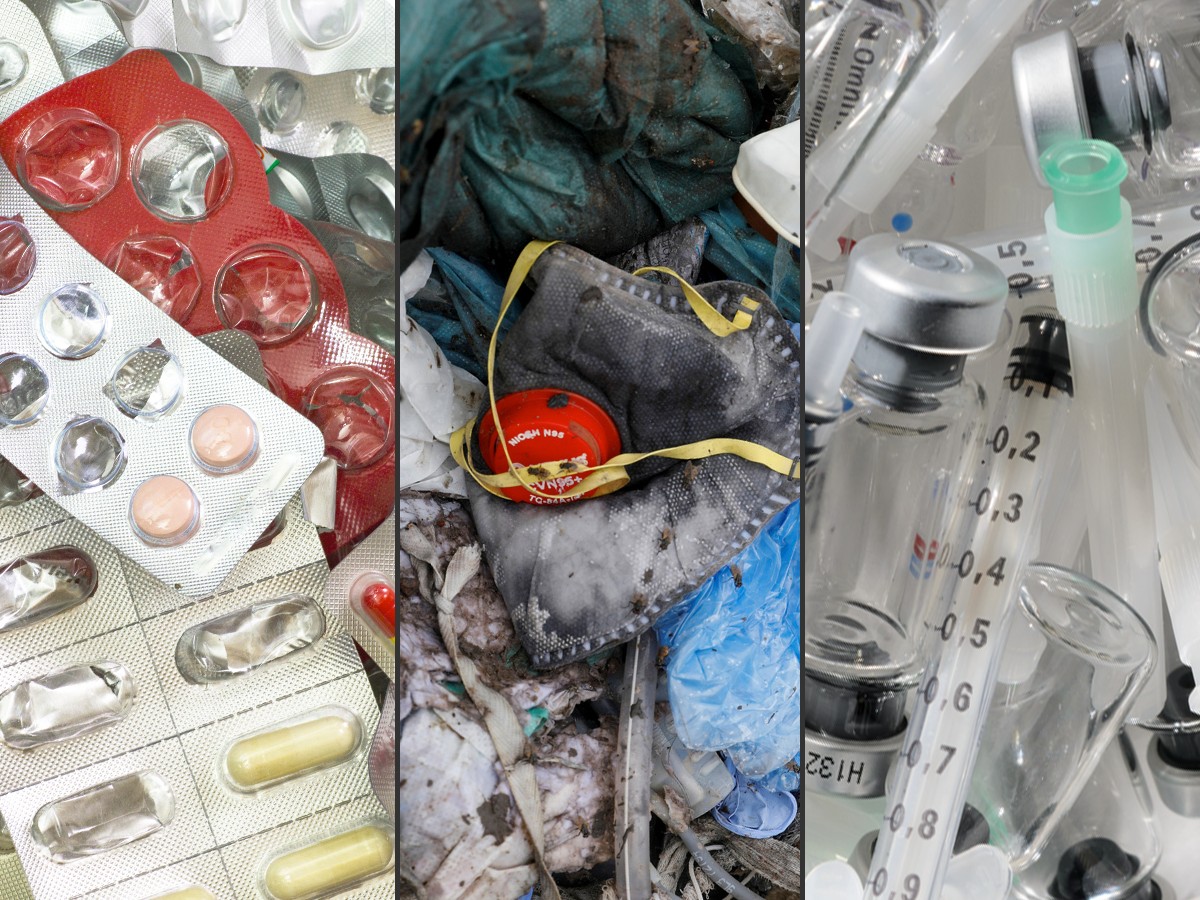How To Deal With Biohazard Waste In A Safe Way?
How To Handle Regulated Biohazard Waste Safety in 2025
Dealing with medical waste can be tricky since the waste generated at hospitals and clinics is itself contaminated with harmful bacteria and pathogens.
Dumping it without any treatment or proper management can lead to several other health-related troubles for others.
It can also harm the environment; sometimes, the damage is more deep-rooted, and it takes years to reverse the adverse effect of Biohazard waste. If you run a hospital and are wondering how to deal with the everyday Biohazard waste generated at your hospital, then Secure Waste Disposal can come to your rescue.
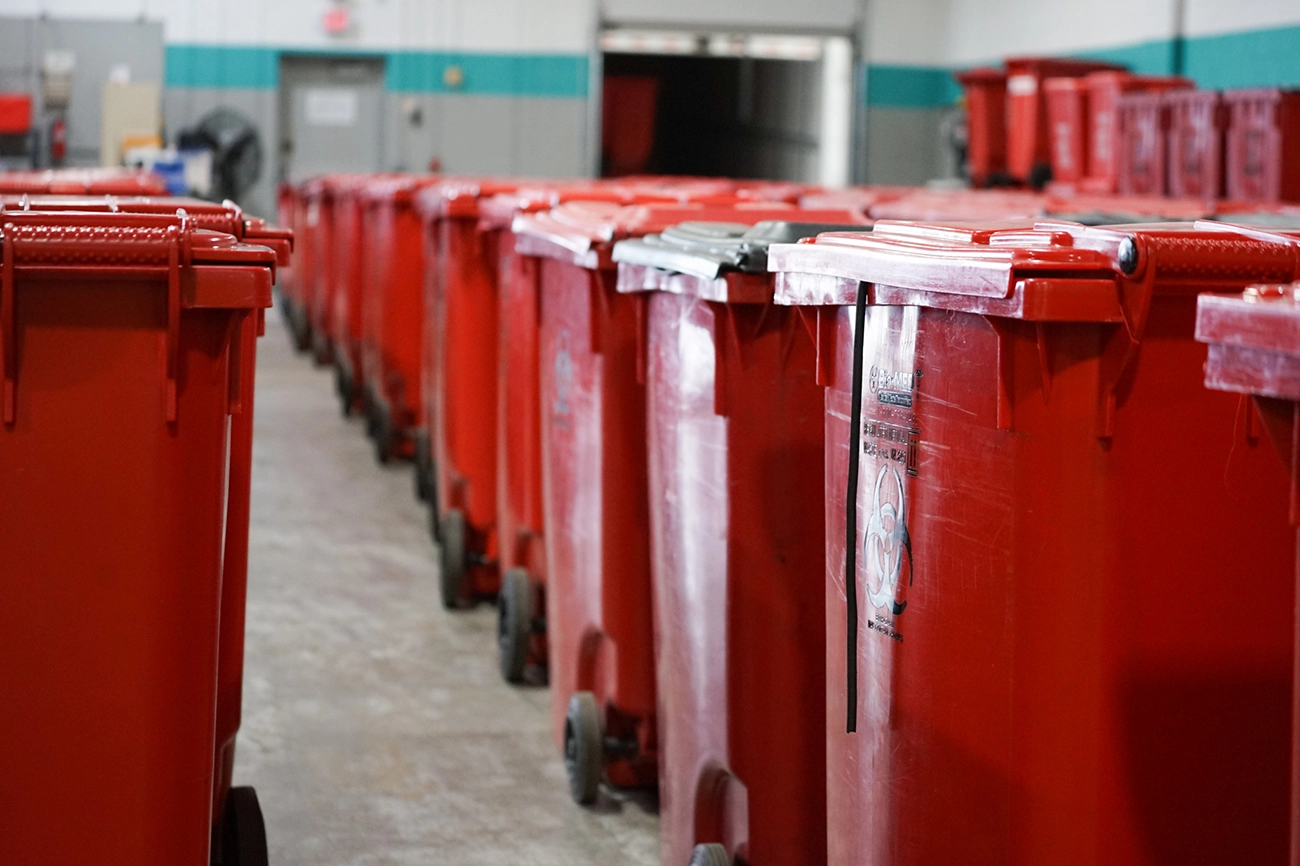
What is Biohazard waste?
Biohazard waste includes waste that contains blood and blood products, sharp items like syringes and surgical blades, culture and infectious material, pathological waste, microbiological waste, animal carcasses, and potentially contagious waste.
Biohazard waste is generated at hospitals, clinics, blood banks, and veterinary clinics. It is crucial to dispose of Biohazard waste safely. Healthcare workers, patients, and waste collection and disposal staff are more prone to Biohazard waste infection.
How do we deal with medical waste?
Most hospitals, clinics, and pathologies have containers for collecting medical waste. Different bins are placed for medical waste to be treated and disposed of easily and safely.
Medical staff and health workers know how to use different-colored containers for different types of waste. However, the general public might be unaware of the color codes for other kinds of medical waste. It is suggested that a regular waste bin be placed next to the medical waste bin so the general public can use it properly.
Please ensure the regular waste bin gets emptied regularly so people can throw garbage in an assigned bin.
Put signage near the bin and educate people. Put signage in popular languages so that people can understand how to use it.
Put a personal waste bin near each patient’s bed so patients and their families can throw waste in the correct bin.
Design a formal waste management plan for hospitals and clinics. Educate the staff and work with a professional and reliable waste management firm to dispose of medical and Biohazard waste safely.
Put More Emphasis on Reusable Medical Items:
The growing quantity of medical waste is an increasing concern. Many items can be reused after sterilizations. Try to buy reusable products. Read state regulations and state policy and invest in reusable items.
Categories of Biohazard waste
Medical waste can be classified into six categories:
Sharps: Needles, broken glass, blades, razors, etc. Such waste should be kept in a sharp red container.
Biohazard: Infectious waste, blood products, cultures, and IV tubing are categorized as red-liner containers.
Trace chemo: Empty vials, needles, gown, gloves, tubing, apron, wipe, and packaging. Categorized for the yellow container.
RCRA Hazard: Hazardous medicines, half doses, bulk medicines, and bulk chemo should go in the black container.
Pharmaceutical: Pills, injections, and antibiotics should go in a blue container.
Radioactive: Items such as Fluorine, iodine, cobalt, iridium, etc., should go in a shielded container with a radioactive symbol.
Most hospitals, clinics, and Biohazard waste removal service providers follow the international standard for dealing with Biohazard waste. It is crucial to segregate medical waste into its various types and put it in the right container.
Work with a professional Biohazard waste removal service provider. They are trained to deal with medical waste and follow safety instructions to dispose of it safely.
5 ways of treating medical waste:
Incineration: It is used when dealing with pathological waste and pharmaceutical waste.
Thermal: Thermal or autoclaving is suitable for dealing with sharp and infectious waste.
Irradiative: Irradiative or microwave waste is used when disposing of sharp and infectious waste.
Chemical: It is used to settle chemical and liquid waste.
Biological: This method is still new and rarely used to treat medical waste. Proper disposal of medical waste is essential for the safety of the environment and planet Earth.
Handling medical waste is a tough job. Connect with professional agencies like Secure Waste for the skilled and safe disposal of medical waste. Work with experienced and professional service providers and keep your hospital and health centers clean and hygienic.
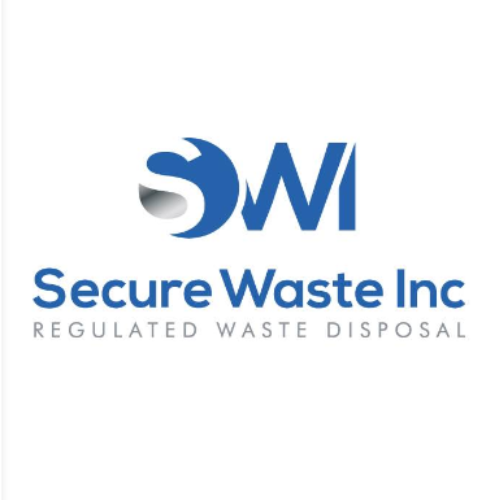
Expert Medical Waste Management: With over 25 years of industry experience, Secure Waste is a trusted local leader in hazardous and biohazardous waste disposal across Maryland, Virginia, and Washington, D.C. Specializing in medical waste management, sharps needle disposal, and biohazard waste removal, the company ensures full compliance with federal, state, and local regulations while prioritizing environmental sustainability.
The company also offers additional services, including secure document shredding and sharps container sales, providing comprehensive solutions for healthcare facilities and businesses. Our cost-effective services help clients maintain regulatory compliance without unexpected costs.
With a commitment to customer satisfaction, Secure Waste offers tailored waste management plans that align with industry best practices. Their team of experts provides reliable, timely, and compliant services, making them the preferred choice for medical waste disposal. For a free waste quote or more information, visit www.securewaste.net
